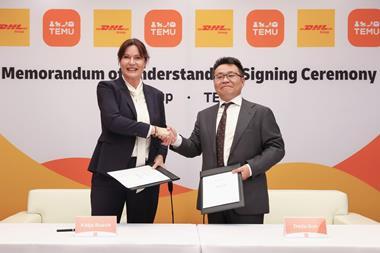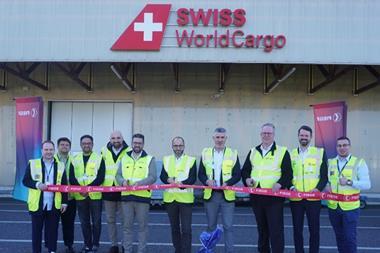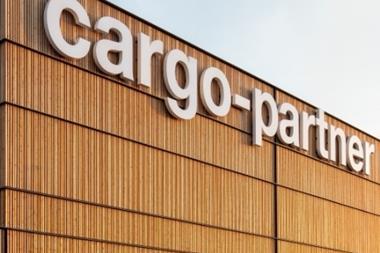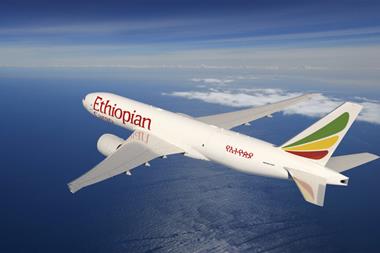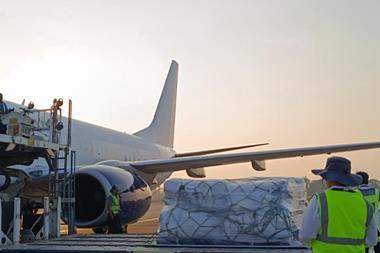BOEING 737s make wonderful regional, short-haul freighters. Cheap to acquire and with hundreds of ‘retired’ passenger units adding to the worldwide feedstock, conversions companies are struggling to keep up with current demand for the all-cargo versions.
Of particular interest is this ruggedised, all-weather -400 derivative (Air Incheon, pictured right), a successful project of maintenance and engineering firm PEMCO World Air Service.
It offers unique reliability under the extreme weather conditions of the Arctic north.
Located at the world’s largest cargo airport in Seoul, South Korea, Air Incheon specializes in the transportation of heavy equipment for oil and gas industries between South Korea and Russia. The airline focuses on under-served ‘difficult’ markets, such as Russia’s far east (Khabarovsk region), but also flies to China (Qingdao), Japan (Haneda) and Mongolia (Ulan Bator).
Air Incheon’s demanding operating climate was a big factor in selecting PEMCO’s B737-400F, because of its ability to operate reliably in cold, wet climates and in high wind conditions.
According to Kevin Casey, PEMCO’s president, these B737-400 freighters are the world’s only ruggedised and weatherised versions proven to be capable of extreme durability and dispatch reliability in the demanding operating climates of Alaska, northern Canada, Iceland and Siberia. “They can keep flying in these environments while lesser aircraft are grounded,” he says.
Read Nigel Tomkin's full news analysis in the next edition of Air Cargo News 10 March 2014 – Issue 772





